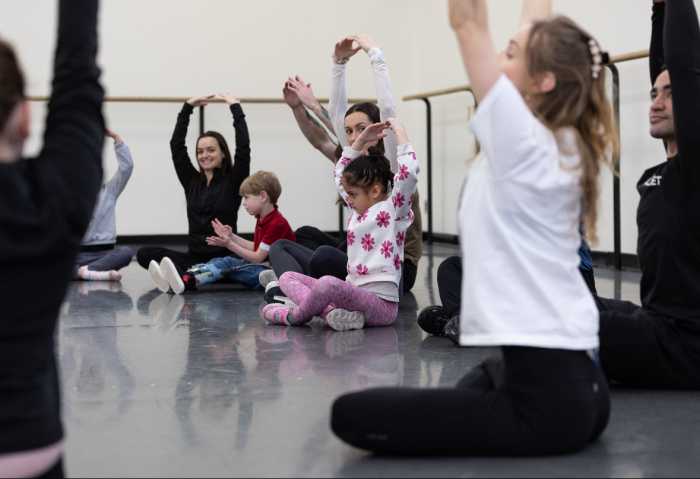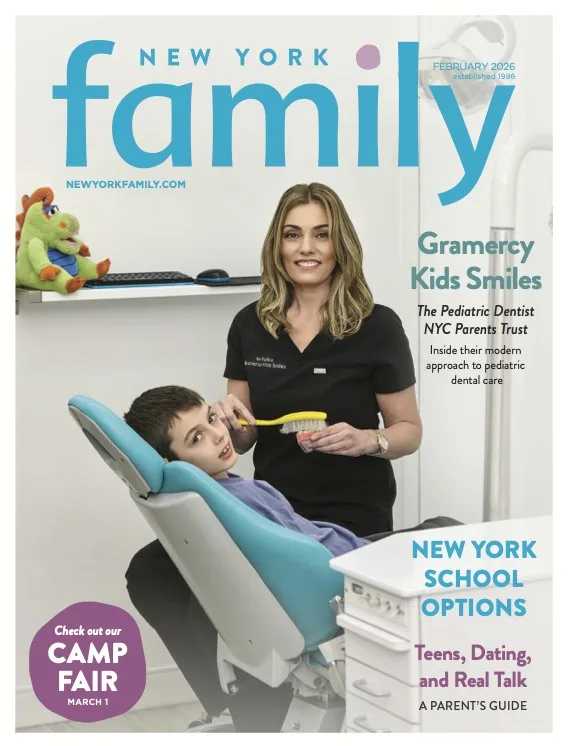Suicide Prevention Month: My Story

Trigger Warning: Mentions of suicide and mental health issues.
As September marks National Suicide Prevention Month, I’ve decided to share my story with the hope of helping others who have found themselves in a similar situation. As a teen, when I was asked the common question, “What do you want to be when you grow up?,” my immediate response was always, “Nothing.”
While many interpreted this as a lack of ambition or uncertainty about my future, the reality was much deeper. The truth was that I didn’t desire a future at all. I didn’t want a life.
I wanted to end my life.
Growing Up
My childhood was relatively typical. Nothing catastrophic or traumatic happened in my life until I was 10 years old and thought I was having a heart attack. I remember trying to sleep in my bed and I immediately felt like I could not breathe. I still remember to this day how forceful my heart was beating. I couldn’t sit still because all I felt was it pounding inside my chest. I woke up my mom who immediately started to get in the car to drive me to the hospital. While on the way there, suddenly my heart felt fine and we went back home. Utterly confused, I tried to just go to sleep.
Psst… Check out Free Mental Health Support Created for NYC Teens
Back then, in 2010, I had no idea what anxiety was but I did know what a heart attack was from reading the book, Hatchet in school and that’s all my child brain could focus on. From there I continued having “heart problems.” I would put on my grandma’s heart monitor, and go to doctors’ visits but nothing came of it, so life went on. While thankfully, my heart was deemed healthy, the intensity of the moment made a lasting impression.
As a child, I always had this persistent feeling of nervousness. I often would call my mom to come pick me up from sleepovers. People quickly labeled me as a nervous and cautious child. By the time high school rolled around, anxiety had completely taken over my life. My anxiety was mainly centered around the fear of inconveniencing others. Even the slightest stomachache would send me into a panic, out of fear that I might throw up in an inconvenient place. This anxiety started to dominate my life, making it difficult for me to go on long car rides, attend large gatherings, or even just fall asleep.
Anxiety to Depression
Though I didn’t know that at the time, my ongoing anxiety led me into a severe depression in my junior year of high school. I was a seemingly well-adjusted teenager overall and had many friends, but I found it challenging to enjoy my own company. I didn’t recognize this as depression. I also felt indifferent towards my well-being and often dismissed my struggles as mere laziness. This led me to spend days in bed without even bothering to care for my hygiene. It’s difficult to admit, but that was my reality at the time.
Suicidal Thoughts Set In
I felt so wrong and empty all the time. I don’t know exactly when but I had decided that I wanted to kill myself but I also couldn’t bring myself to do it. Despite not being religious at the time, I remember sitting on my knees begging God to kill me. I wanted a higher being to help me acquire an incurable disease, get hit by a car, or just not wake up. Day after day, I would get so frustrated that no one would take me out of my misery.
I figured the best time to end my life was when I graduated high school because then I wouldn’t have to worry about myself in the “real world”. This was another big stressor. When it came time to search for colleges, I felt no interest. Deep down, I knew no matter what I chose, I wouldn’t make it there anyway.
Thankfully, mental health and suicide prevention are discussed much more now than when I was growing up. My mom was beyond worried and would Google why her daughter kept freaking out and hiding in her room. I remember Mom asking me if I thought I had anxiety. I honestly did not know what that meant. As any high schooler would, I immediately Googled the definition and something instantly clicked like solving a math problem. My parents found a therapist for me. I kept it a secret from all my friends.
Getting Diagnosed with Depression & Anxiety
My first therapy session involved a series of multiple-choice questions, each offering a range from “Strongly disagree” to “Strongly agree.” The number of questions felt overwhelming as if there were countless choices to consider. I answered each question honestly — my body was too exhausted to lie. After analyzing my responses, my therapist diagnosed me with severe anxiety disorder and major depressive disorder. Those words struck me hard. The diagnosis felt heavy and disheartening, yet at the same time, it was a revelation that clarified my struggles. In that moment, I also experienced a deep emotional unraveling and grappled with the thought of being labeled broken.
After I was diagnosed I went on a bit of a downward spiral. I didn’t want to be feeling the way I was feeling. I felt defective and isolated even when surrounded by friends. Anxiety and panic attacks became my constant companions. I was so over everything. I could not think of anything else but when my next wave of anxiety or depression would strike. I became obsessed and it reached a point where I was ready to end it all.
The Breaking Point
I had written out goodbyes and unsaid words to my parents, my sisters, and some close friends. In the letters, I shared my deep affection and reassured them that they were in no way to blame for my struggles. I conveyed my appreciation for their presence in my life while also revealing my overwhelming sense of exhaustion, both mentally and physically. I recall a sense of relief washing over me, knowing that I wouldn’t have to face an uncertain future and that all the pain I felt would finally fade away.
Ironically, I had therapy the day after I had written out all these letters. During this session, I tried to act as nonchalant as I could but my therapist saw right through it and asked me what was going on. I finally confessed the truth and told her that I was going to go home and do something.
From there everything shifted.
My Journey Toward Healing
After numerous visits to hospitals, doctors, and psychiatrists, I began to find my way toward healing. Even now, years later, I am still on that journey. I continue to face challenges with anxiety, depression, and obsessive-compulsive disorder, but I feel fortunate to have access to the resources, tools, and support that help me manage these conditions. I am incredibly grateful to still be here today, and I owe a debt of thanks to the professionals, family, and friends who have stood by me, helped me emerge from the shadows, and provided ongoing encouragement.
Psst… Check out: Mental Health Issues That Affect Young Children
Reflecting on that difficult period in my life, I wish I had the understanding of mental health that I have now. It would have been comforting to know that many teens experience depression and anxiety. Today, I am heartened to see mental health issues more openly discussed and acknowledged. Yet, I am acutely aware that teen suicide remains a significant issue, ranking as the third leading cause of death among young people.
Initially, I was reluctant to share my own struggles with mental health and thoughts of suicide, but as an adult, I feel compelled to advocate for mental health awareness. If my story can resonate with even one person and provide them with hope, that would mean the world to me.
If you or someone you know is experiencing suicidal thoughts or a crisis, please reach out immediately to the Suicide and Crisis Hotline by calling 988.
More on Suicide Prevention Month: Advice from an Expert











